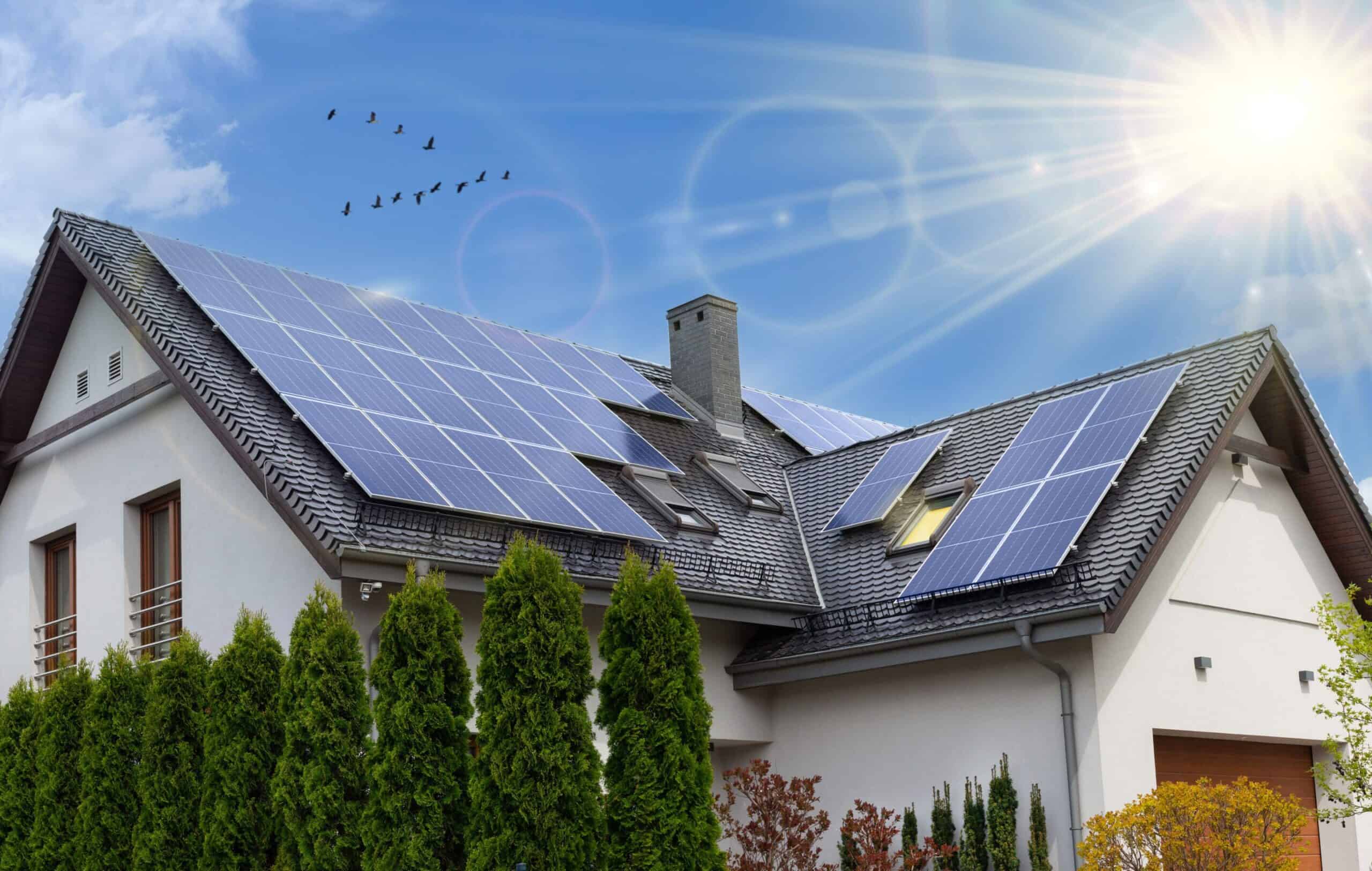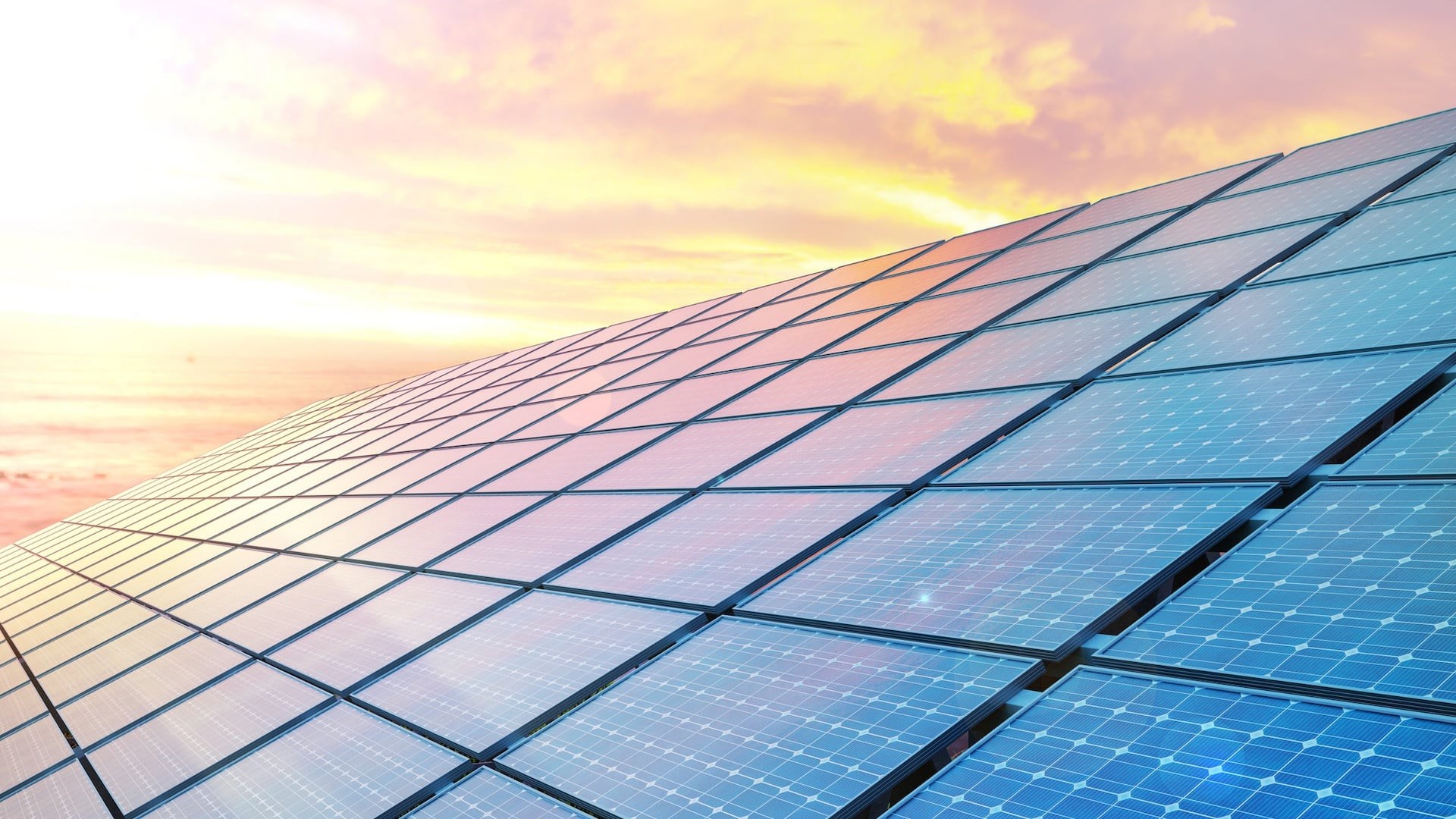Protect your home with sustainable energy solutions using Solar Panels.
Protect your home with sustainable energy solutions using Solar Panels.
Blog Article
Take Full Advantage Of Energy Cost Savings With High-Quality Solar Panels
Making the most of energy financial savings with the use of top quality solar panels is a complex approach that calls for mindful consideration of innovation, installment, and upkeep. Choosing high-efficiency alternatives, such as monocrystalline panels, can substantially improve electrical energy generation, while resilience and warranty terms play a vital function in long-term economic stability. Additionally, comprehending the possibility for federal government rewards can amplify the return on investment. The trip does not end with the purchase; the subtleties of setup and ongoing maintenance are just as crucial to achieving ideal results. What aspects should house owners prioritize to guarantee they understand these benefits fully?
Benefits of Solar Power
The benefits of solar power are various and considerable, making it an increasingly appealing choice for both residential and industrial applications. Among the main advantages is its potential to decrease electricity bills. By using sunlight, residential property proprietors can create their own power, lowering dependence on standard utility resources and inevitably bring about significant financial savings.
An additional crucial advantage is environmental sustainability. Solar energy is a tidy, sustainable resource that aids to reduce greenhouse gas exhausts, adding to a decrease in air contamination and climate adjustment. This lines up with international efforts to shift towards more sustainable power options.
In addition, solar power systems can boost residential or commercial property worth. Houses and companies furnished with photovoltaic panels frequently have greater resale worths, interesting environmentally-conscious buyers and capitalists. Furthermore, government rewards, such as tax obligation credits and discounts, can offset installment expenses, making solar energy much more economically feasible.
Finally, solar technology promotes power self-reliance. By investing in solar power, people and services can minimize their vulnerability to fluctuating energy rates and supply disturbances, fostering better control over their power sources. Collectively, these advantages underscore the compelling factors to take into consideration solar energy options.
Choosing the Right Solar Panels
Choosing the ideal photovoltaic panels is an important action in maximizing the effectiveness and benefits of a solar power system. When evaluating photovoltaic panels, numerous elements must be thought about to ensure ideal efficiency and long-term savings.
First, analyze the panel's effectiveness score, which shows exactly how effectively it converts sunlight into electrical power. Greater effectiveness panels may have a greater upfront expense yet can generate more energy in limited space. Next, analyze the warranty provided by the producer; a longer service warranty usually shows a greater degree of self-confidence in the product's longevity and performance.
Additionally, take into consideration the kind of photovoltaic panel modern technology. Monocrystalline panels are known for their high effectiveness and space-saving style, while polycrystalline panels often tend to be much more affordable but a little much less efficient. Bifacial panels, which capture sunlight from both sides, are also getting appeal for their potential to enhance power outcome.
Last but not least, carry out an extensive review of independent efficiency rankings and client evaluations to evaluate reliability and satisfaction. By thoroughly thinking about these aspects, house owners can make educated selections that line up with their power needs and economic purposes, ultimately enhancing the roi for their solar power systems.
Recognizing Setup Prices
Comprehending the prices associated with mounting solar panels is vital for homeowners aiming to buy renewable energy. The general setup cost can vary considerably based on several factors, consisting of system dimension, panel type, installation complexity, and geographical location.
Commonly, the expense is computed on a per-watt basis, with ordinary rates varying from $2.50 to $3.50 per watt before any kind of incentives. A typical household system might set you back between Check This Out $15,000 and $25,000, depending upon power needs and the picked components.
Along with the panels themselves, home owners must take into consideration expenditures connected to inverters, installing equipment, and electric upgrades. Labor expenses likewise play a critical function, as expert installation makes sure conformity with security requirements and neighborhood regulations.

Eventually, recognizing these installment prices and possible financial benefits is vital for homeowners to make enlightened decisions about transitioning to solar power.

Upkeep for Long-Term Savings
Keeping photovoltaic panels is important for making best use of long-lasting energy financial savings and ensuring the system runs at peak effectiveness. Routine upkeep entails a number of key methods that can significantly improve the long life and efficiency of solar installments.
First, routine assessments need to be conducted to recognize any type of physical damage or wear, such as cracks or loosened links. Cleaning the panels is likewise essential, as dirt, dust, and particles can block sunshine, minimizing power outcome (Solar Panels). It is a good idea to clean up the panels at least two times a year, or extra frequently in locations with high degrees of dust or pollution
Additionally, monitoring the system's performance through a content monitoring software program can give real-time data on power production and sharp homeowners to any abnormalities. This positive strategy permits prompt repairs, decreasing downtime and maintaining optimal energy generation.
Ecological Effect of Solar Power
The environmental effect of solar power extends far beyond its immediate advantages of lowering power expenses and dependence on nonrenewable fuel sources. By utilizing sunshine, solar power significantly reduces greenhouse gas exhausts, therefore mitigating environment change. Unlike traditional power sources such as coal or gas, solar energy generation does not create air toxins, adding to boosted air high quality and public health and wellness.
Furthermore, solar energy promotes biodiversity by reducing the demand for nonrenewable fuel source extraction, which typically disrupts environments and environments. By transitioning to sustainable energy resources, we can maintain all-natural landscapes and protect endangered types from environment loss.
The life process of solar panels also offers a lower environmental impact compared to traditional power sources - Solar Panels. While manufacturing photovoltaic panels involves some resource usage and exhausts, improvements in technology and recycling procedures are continuously minimizing these impacts. Furthermore, the lasting benefits of solar power-- such as reduced reliance on finite sources-- much exceed these initial expenses
Conclusion
In summary, the adoption of top notch solar panels provides substantial chances for energy savings and ecological benefits. By selecting ideal innovations, such as monocrystalline panels, and ensuring reliable setup, house owners can optimize power generation in limited rooms. Additionally, recognizing installment expenses and upkeep demands even more contributes to lasting cost savings. The calculated positioning of photovoltaic panel options with energy demands and federal government rewards enhances return on investment, advertising sustainability and decreasing dependence on traditional energy resources.
Report this page